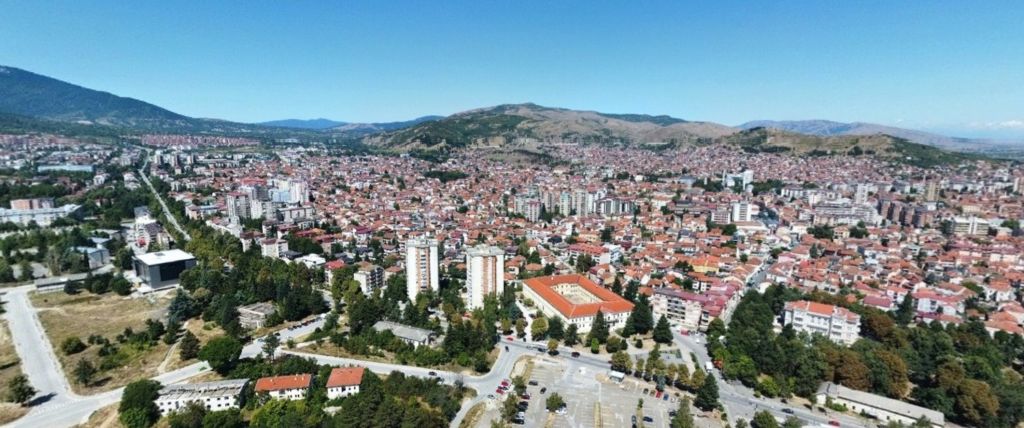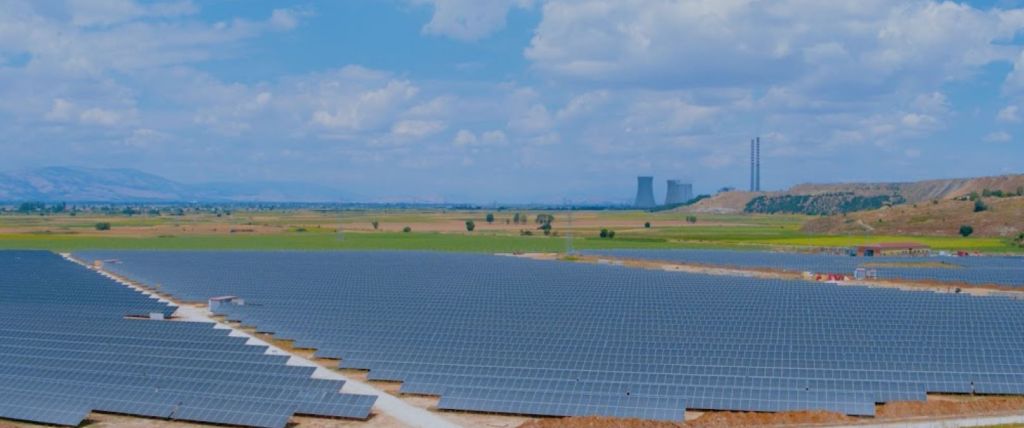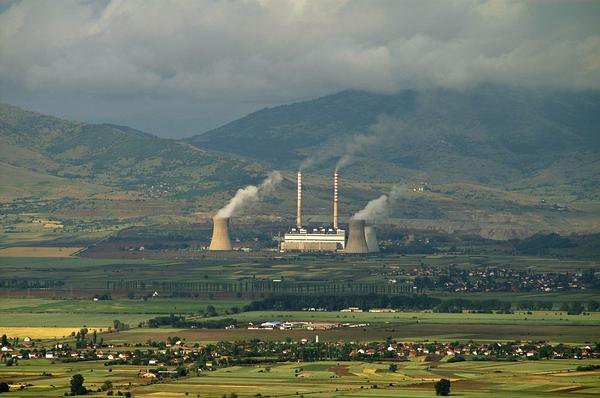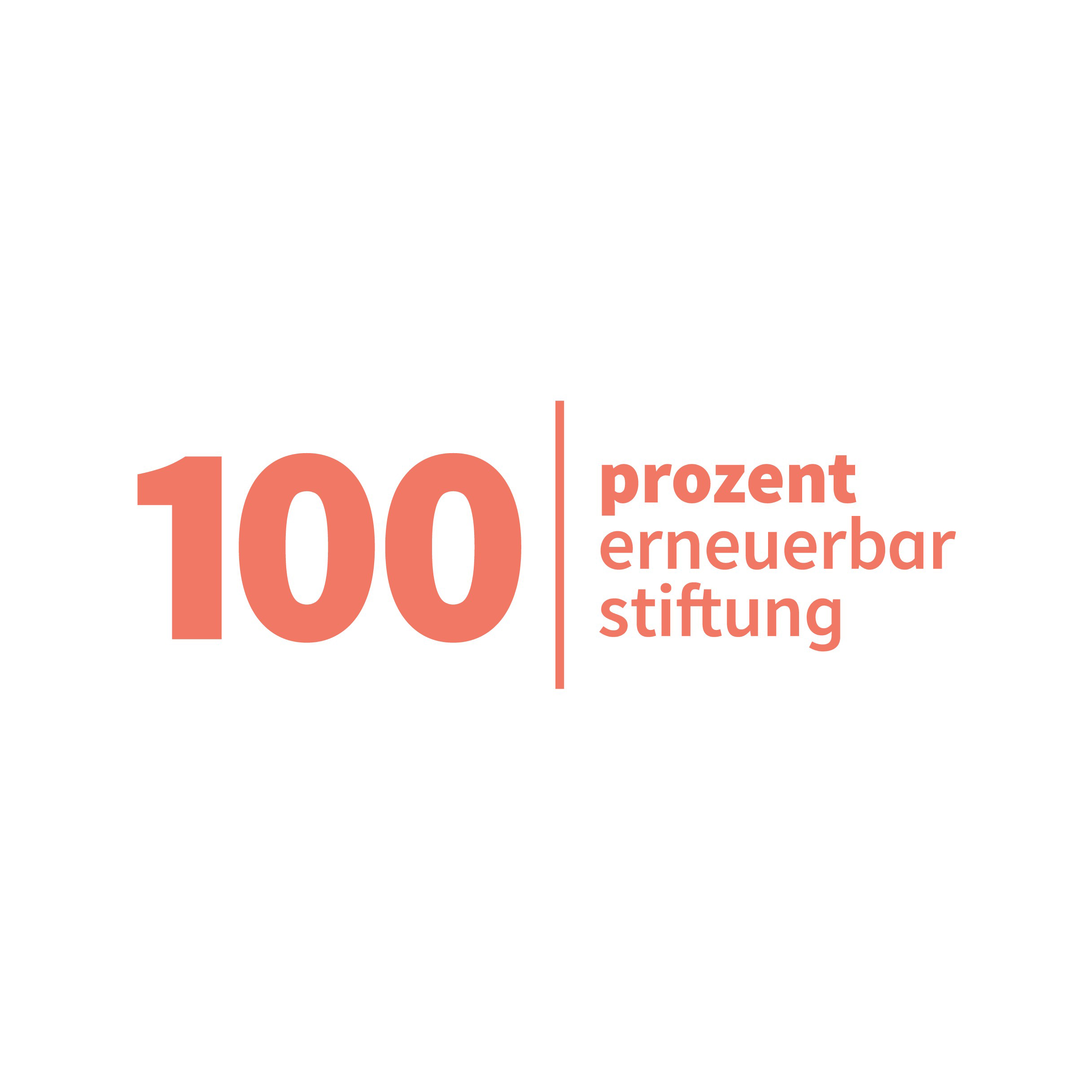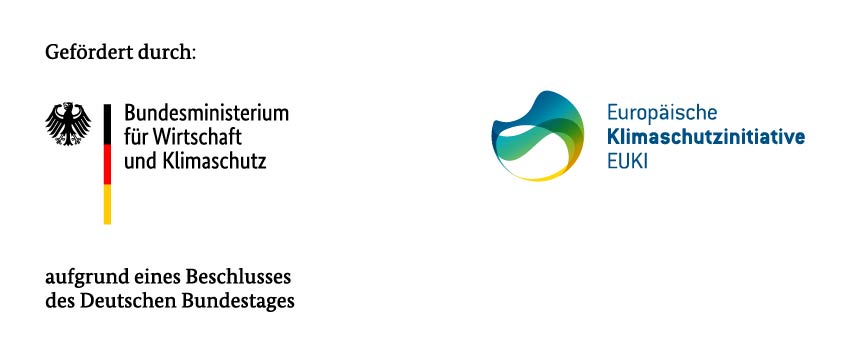With the project “Renewable Power-to-heat in Bitola Region”, the 100 percent renewable foundation is once again involved in a feasibility study that examines the possibility of converting a region’s fossil fuel heat network to renewable energies. The study will be conducted in the Bitola region of North Macedonia.
Status quo in Bitola
The city of Bitola is the third largest city in the country with almost 70 thousand inhabitants and is located about 170 kilometers from the capital Skopje. The Bitola region is one of two regions in North Macedonia that is part of the EU initiative for coal regions in transition in the Western Balkans and Ukraine, with the aim of ending the use of coal and building a carbon-neutral economy. The city of Bitola in the southwest of North Macedonia is supplied with electricity using around 80 percent coal, while the district heating system is powered 100 percent by fossil fuels.
A district heating network is currently being built in the region, which will be heated with steam from an existing coal-fired power plant that currently only produces electricity.
The region is one of two coal regions in North Macedonia. The air is heavily polluted by the nearby coal-fired power plant and the individual heating sources in the city (mainly wood, oil and pellets). Fine dust pollution in the region is regularly above 100 ppm, with peak values of even 300 ppm. (For comparison: in Germany, the daily average PM10 concentration limit of 50 micrograms may only be exceeded on a maximum of 35 days per calendar year.)
The project
The project proposes a solution with the aim of decarbonizing the heating network and integrating renewable energies (coupling the electricity and heat sectors).
Decarbonizing the heating sector, i.e. reducing air pollution, will lead to a reduction in residents’ health problems caused by air pollution, thus reducing healthcare costs. Lower air pollution also increases winter tourism opportunities.
The project is inspired by another EUKI project in which the 100 percent renewable foundation previously coordinated the project: Renewable Power-to-Heat in Hajnówka, Poland.
This new project will also carry out a feasibility study for a district heating system using large-scale heat pumps using various renewable energy sources (wind, solar, biomass).
Potentials
The past EUKI funding project “Renewable Power-to-Heat in Hajnówka” has already shown that it makes economic and ecological sense to convert a heating network system to renewable energies. We hope for a similar result in this project.
The 100 percent renewable foundation is the project partner, the project coordinator in North Macedonia is the GAUS Institute. The duration of the project is from November 2023 to October 2025. The international project is funded by the European Climate Protection Initiative (EUKI).
